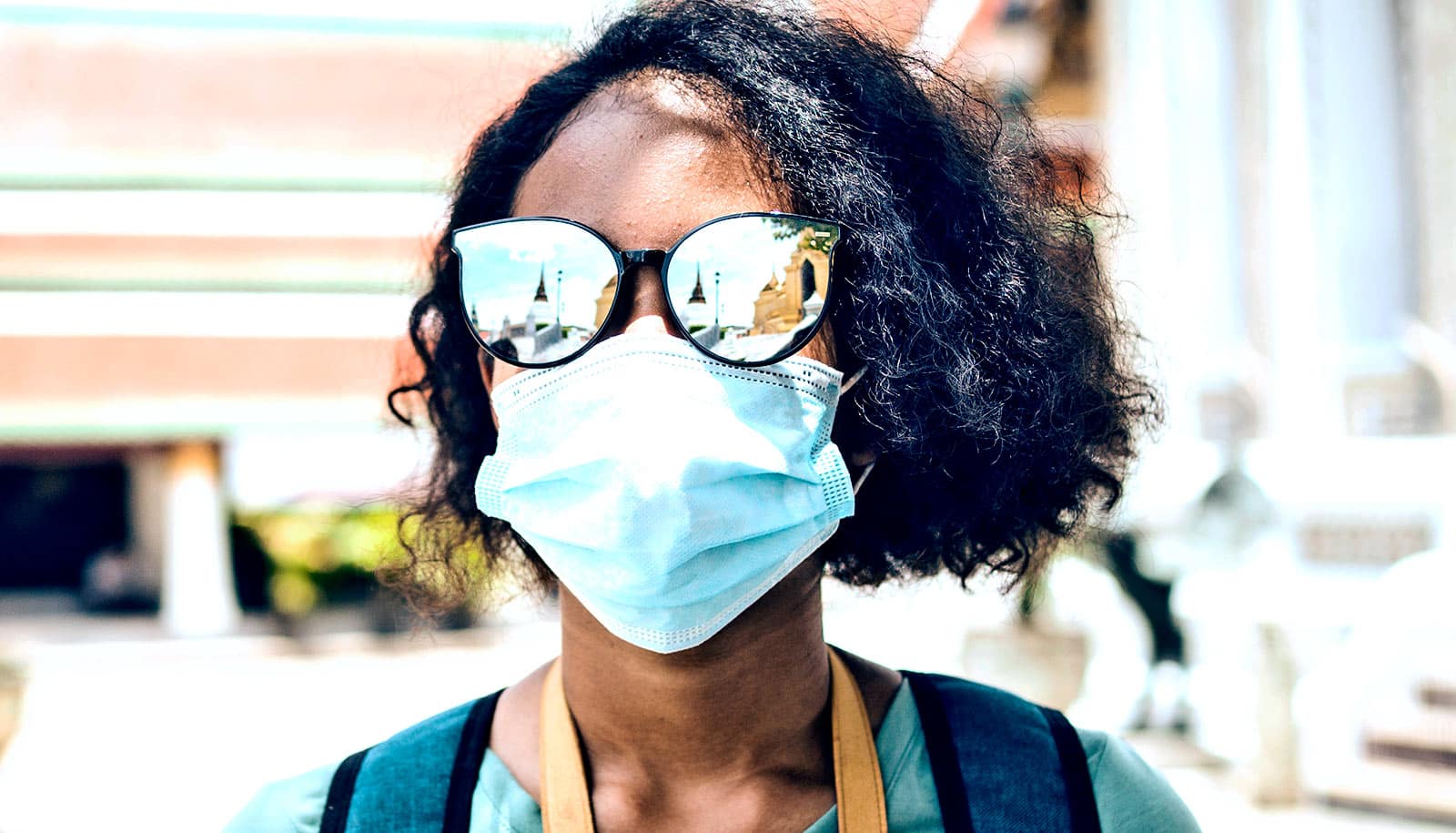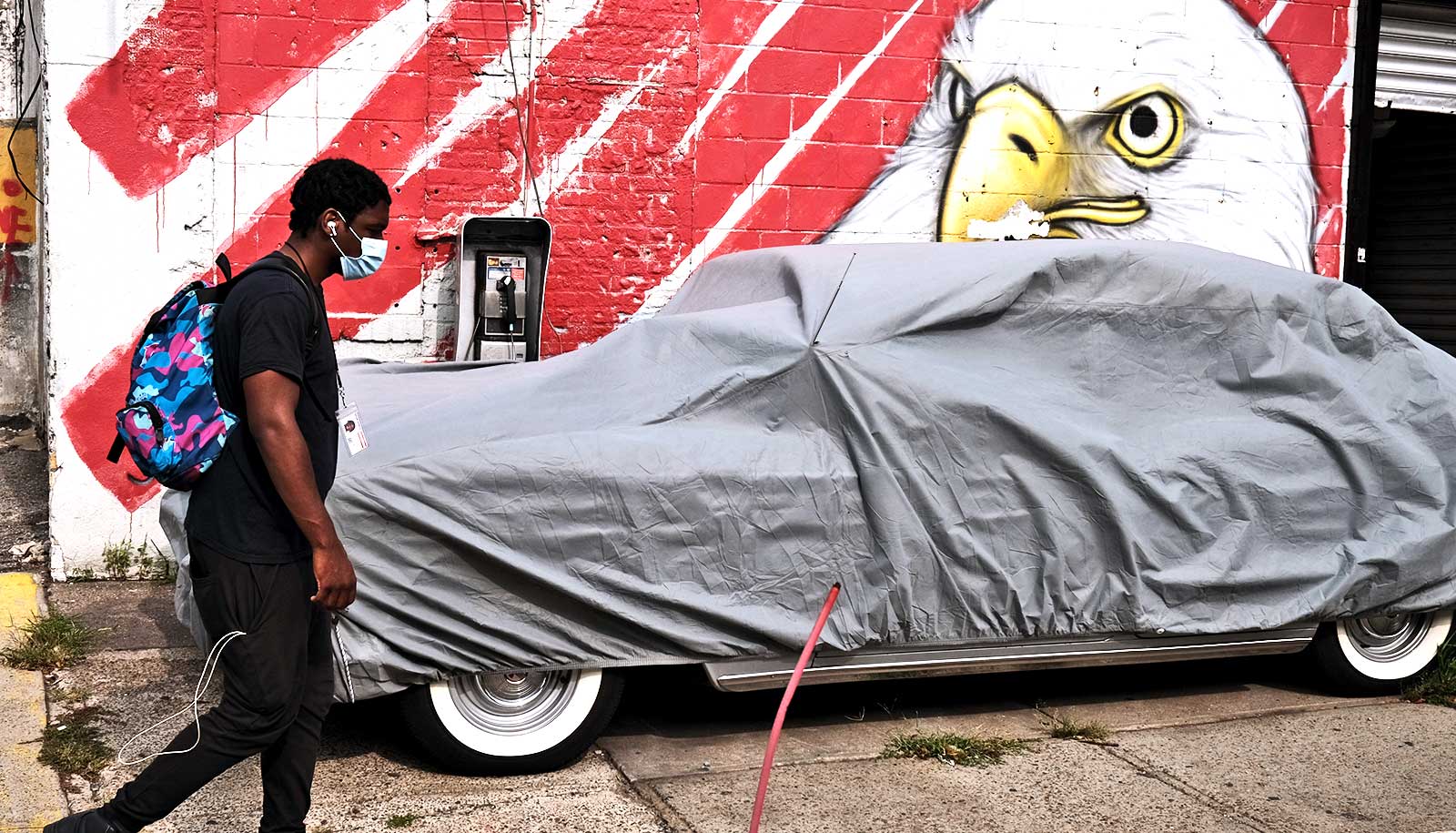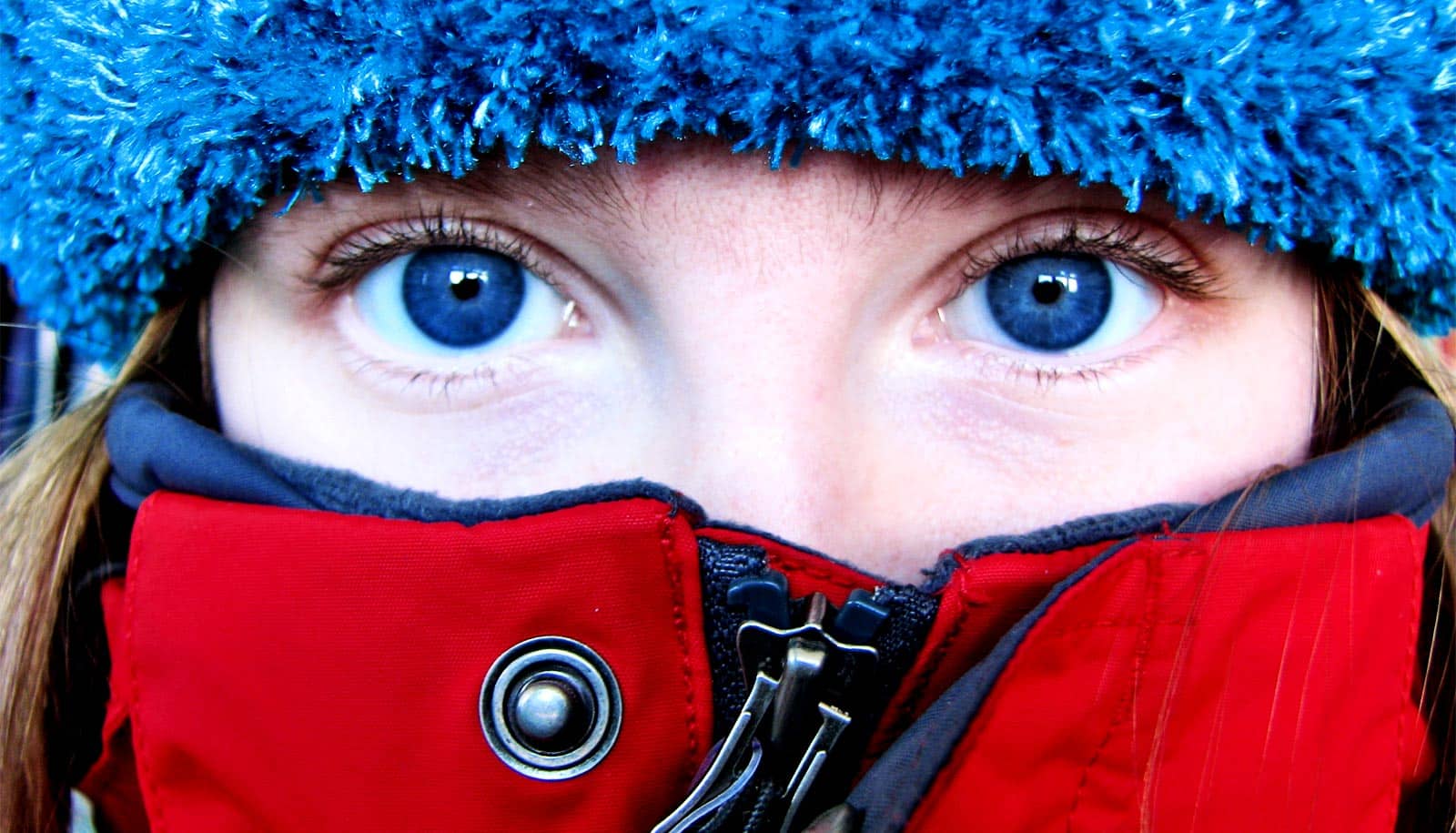How to safely manage a return home for college students this Thanksgiving depends on family circumstances, argues David Cennimo.
As the Thanksgiving holiday approaches, college students are preparing to return home for the long weekend or the rest of the semester for virtual instruction.
Cennimo, an infectious disease expert at Rutgers New Jersey Medical School, says that each family needs to evaluate its own risk and take certain steps to mitigate it if they’re going to get together for Thanksgiving.
Here, he has some tips for how families can navigate the holidays during the pandemic:
What considerations should families have with a child returning home from college?
Families should do their own risk analysis and not necessarily look at what other families are doing. A college student returning to a family with young, relatively healthy parents and siblings is a different situation than one who resides with an 80-year-old grandparent with multiple health conditions.
They should also consider the risk that the college student might be infected or incubating a SARS-CoV-2 infection. Look at what their college reported in regard to current infections and how many infections have been reported in the area where the college is located, especially if the student lives off-campus. Also, have a frank and honest discussion with your student about their recent activities and potential for exposure.
You may have seen the advice that if students are going home for Thanksgiving they start self-quarantining now. That can be difficult if classes are in person, but there are precautions that students can take, such as avoiding indoor gatherings, eating in their rooms rather than dining halls, attending class if necessary in person and then returning directly to their residence hall, and wearing a mask everywhere.
These precautions will not reduce their risk to zero, but remember, parents who go to the grocery store to buy a turkey will be similarly shouldering some risk.
What conversations should parents have with their children before they come home?
A family discussion about safety and expectations is necessary prior to the student returning home. Even if parents trust their child to be generally safe, they never really know what their student is doing at school. Parents should ask specifically what they have been doing to keep themselves safe.
Parents should set rules for safety. For example, going out with hometown friends to a bar on the Wednesday before Thanksgiving is a tradition for many college students. However, this scenario is a mixing chamber: If college students from around the country meet up with friends they have not seen in months, especially indoors, there are increased odds that one of them will be infected.
Parents should tell them they shouldn’t meet with friends in this way, especially if they will be seeing vulnerable family members such as grandparents. Students should not practice safety at school and then return home and break down those social barriers. Parents should set reasonable expectations for how their child can safely visit with friends, such as meeting at a park outdoors.
The key is risk mitigation. People do not think of this virus as a continuum of risk. They question why the state is requiring businesses to close at a certain time. What they need to be aware of is that the virus is around us all the time and the government is simply prioritizing people’s ability to go to work over hanging out at a bar, which is risky.
Should returning students be tested for the coronavirus?
Tests are a great data point, but only at the moment that the test is taken. If a student gets tested a week before Thanksgiving it will not account for any exposure in the week after. If a student arrives on a plane late Tuesday night and receives a negative test on Wednesday morning, that student could still test positive ten days later if they were exposed during travel. That student should not be hugging their grandmother or be closely around her or without a mask simply because they had a recent negative test.
If small family groups do gather, how can they mitigate risk?
Nuclear family celebrations—or sharing Thanksgiving dinner over Zoom—are best this year. However, some people will expand that to include extended family members. If the weather cooperates, celebrate outdoors. If indoors, maintain social distance by spreading out in the house, wearing a mask when not eating or drinking, and, again, if the weather permits, opening doors and windows to improve ventilation. The goal is fresh-air exchanges, not necessarily air movement. Do not use fans to move the air around as that might propel or stir up aerosols. You want to have as much uninfected fresh air from outside around you.
Families also may want to consider re-introducing the “kids table” this year for students returning home or who are at in-person schools to keep them away from family members who are at high risk.
How can college students travel home safely?
The safest way to travel is for students to drive themselves home alone if they have a car or to have a family member pick them up. If they must travel via train or plane, they should use the restroom before arrival at the station or terminal to reduce risk of exposure. They should wear a mask the entire time they are traveling, try not to eat or drink, and use hand sanitizer frequently. When possible, they should space out where they are sitting.
As cases surge nationwide and people still want to travel to be with loved ones, they can minimize their overall risk by being safer in other areas. So, if a plane ride must happen, that person should consider not going out to dinner or socializing in groups in the weeks leading up to the trip to help balance out the risk exposure.
Students and parents also should be aware of and adhere to their home state’s quarantine regulations for out-of-state visitors.
Source: Rutgers University



